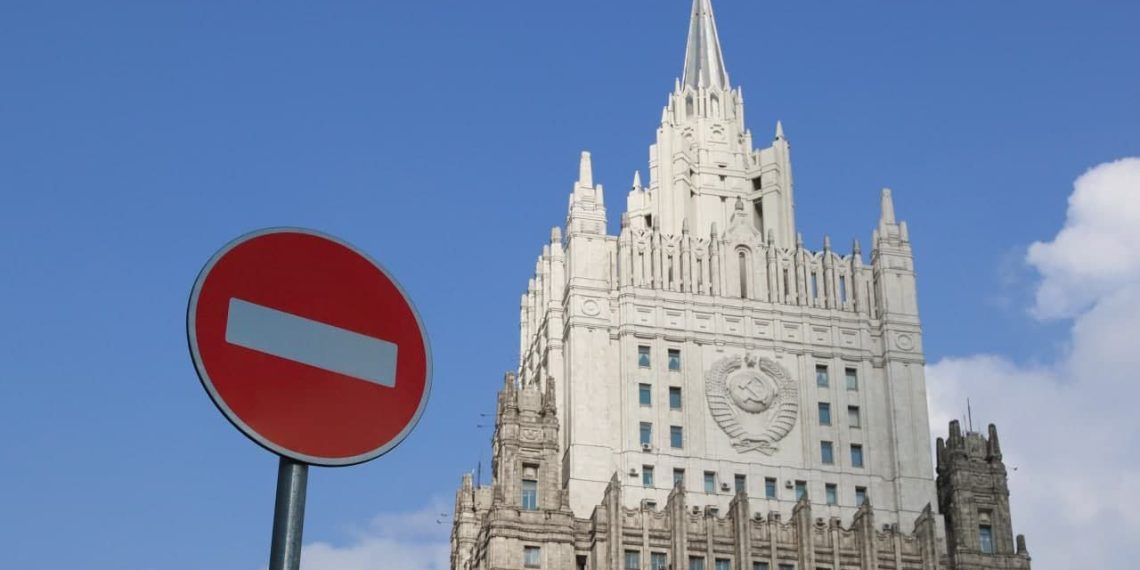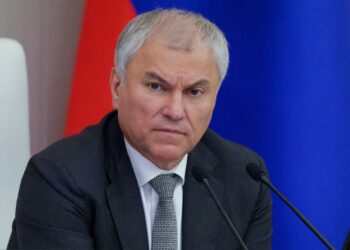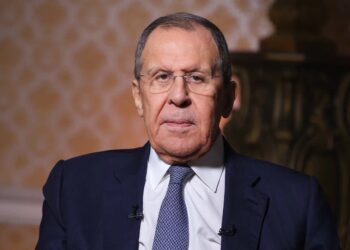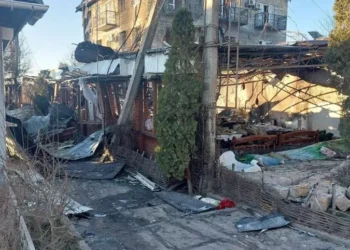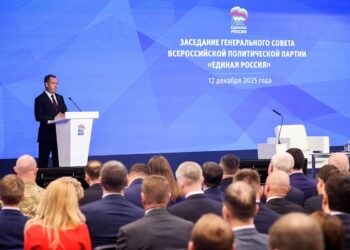MOSCOW (Realist English). The Russian Foreign Ministry announced on August 4 that Russia no longer considers itself bound by its unilateral moratorium on the deployment of land-based intermediate- and shorter-range missiles (INF-class). The move follows what Moscow describes as the systematic militarization of regions bordering Russia by the United States and its allies, with the reintroduction of weapons systems once banned under the now-defunct Intermediate-Range Nuclear Forces (INF) Treaty.
The moratorium, introduced after the 2019 U.S. withdrawal from the INF Treaty, was part of what Russia framed as a goodwill gesture to maintain strategic restraint. Moscow had pledged not to deploy land-based missiles in the 500–5,500 km range unless U.S. systems first appeared in relevant regions. Russia also called on NATO to adopt a reciprocal ban — a proposal that was rejected.
According to the Foreign Ministry, that restraint has been overrun by recent developments, including the testing, production, and forward deployment of U.S. missile systems across Europe and the Indo-Pacific. In particular, Russia cited:
- The use of mobile Mk70 launchers during U.S.-NATO exercises in Denmark since 2023
- The deployment of Typhon missile systems to the Philippines in April 2024, where they remain
- Their use again in Australia during the Talisman Sabre 2025 exercises, which also featured the first overseas deployment of the Dark Eagle hypersonic system
- Launches of Precision Strike Missiles (PrSM) by both U.S. and allied units, including from HIMARS and MLRS platforms, some of which are now being used by Ukrainian forces against Russia
The ministry stated that these actions, combined with official U.S. declarations of “long-term presence” of such weapons in Germany and the Indo-Pacific, have changed the strategic environment irreversibly.
Several U.S. allies have also expressed intentions to purchase or develop INF-range systems, further raising alarm in Moscow. These systems, the statement said, are being integrated into joint planning structures for “integrated operations” under U.S.-led alliances.
Russia warned that these developments represent a serious strategic threat, particularly in regions adjacent to its borders, and could trigger a broader regional and global destabilization, including heightened nuclear risks.
As a result, the Foreign Ministry stated:
“The conditions for maintaining our unilateral moratorium no longer exist. The Russian Federation does not consider itself bound by the previously adopted self-restraint.”
Future decisions regarding Russian deployments will be determined by the Kremlin, based on an interagency review of the scale and location of U.S. and allied systems and the evolving international security landscape.
The announcement signals the formal end of Russia’s post-INF Treaty restraint and raises the stakes in an emerging global missile competition — one that now spans from Eastern Europe to the Western Pacific.


